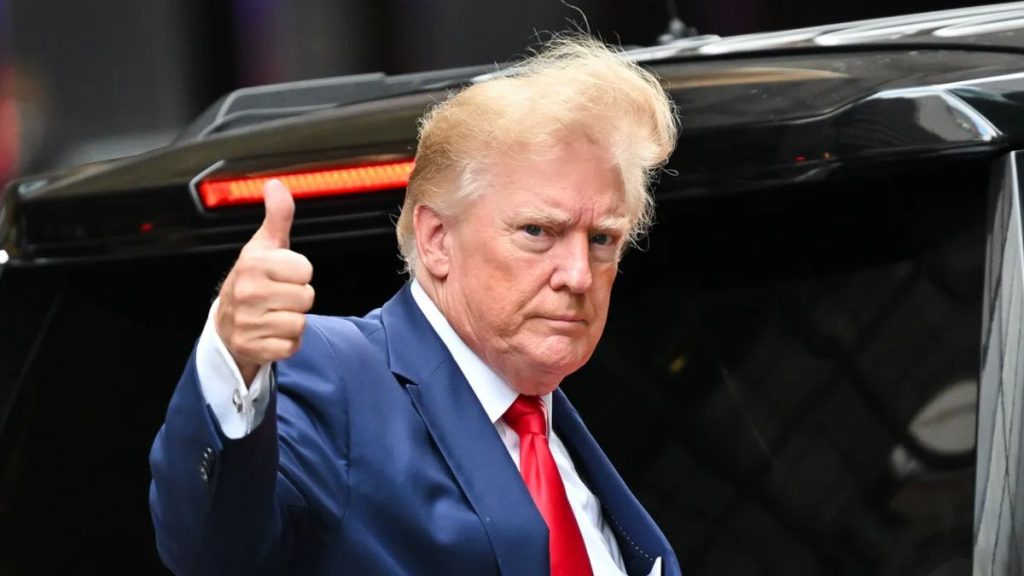Indictment or legal charges against a presidential candidate may spark intense arguments and challenge their fitness for office in American politics. Due to former President Donald Trump’s rocky term and current legal fights, he may be prevented from running again. We explore this exciting issue by consulting academic lecturers to illuminate the possibilities.
One important factor to examine is the interpretation of the United States Constitution. Presidential eligibility requires being a natural-born citizen, 35 years old, and a 14-year resident of the nation, according Article II, Section 1, Clause 5. Indictment or criminal accusations against a candidate are not addressed under the Constitution.
Analyses by experts
Legal academics and constitutional experts have differing opinions. Some believe an indictment does not disqualify a presidential contender. They say the Constitution gives the people the ability to determine a candidate’s eligibility via the election process, not the courts.
However, others argue that a criminal charge might prevent presidential eligibility. They claim that an indictment may cast doubt on a candidate’s morality, integrity, and office performance. The electorate may weigh these variables throughout the election.
Historical precedents may provide insight into probable outcomes, since no previous U.S. president has faced criminal charges while in office. Richard Nixon’s impeachment showed the risks of judicial action against a sitting president. However, impeachment and criminal charges are separate procedures with legal and political consequences.
Another factor to examine is the influence of state legislation. Each state has its own presidential eligibility rules. Some states prohibit criminals from running for office. However, state legislation and presidential eligibility constitutional standards must be distinguished.
Can a presidential candidate like Donald Trump be prevented from running for office after indictment? This is a legal and constitutional matter. This issue is not directly addressed in the Constitution, although legal experts and academics disagree on the effects. State and precedent legislation may also influence results. Stay educated and involved as the political environment changes, knowing that the American people, legal system, and democratic institutions that characterize our country will decide.
